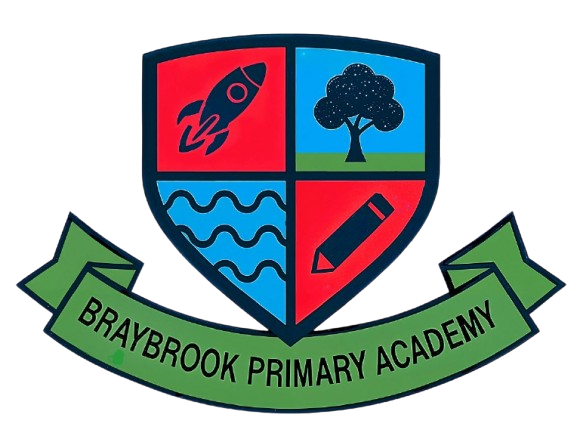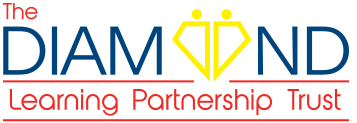Jet Class
Welcome to Year 6.
Here in Year 6, we are embarking on a fun filled year and will be continuing to share our love of learning. We will continue to gain more knowledge, learn new skills and prepare ourselves for the next stages of our educational journey. In Year 6, we spend every day learning how to be the BEST we can be, striving to achieve the highest of standards and being the role models to the rest of the school in all aspects of school life.
In Year 6, our curriculum is alive, and we learn a range of subjects. As well as writers, readers and mathematicians, we also delve into the past as historians; share a curiosity of the wider world as geographers; express our feelings and creativity as artists; share a love and passion as musicians; investigate as scientists; demonstrate sportsmanship in PE; show an awareness of the diverse culture we live in during RE; show compassion and understanding of values in PSHE; learn a different language; learn skills as the designers of the future; and embrace the every-changing world as users of technology.
We look forward to sharing your learning with you this year and taking the steps in helping you in readiness for your next steps in education and give you the foundations and skills for a successful future!
Mrs Smith and Mrs Griffiths

